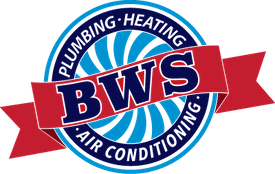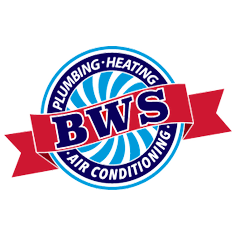New Freon, also known as R-22 or HCFC-22, is now a banned product in the US. It has been that way since 2020. However, reclaimed but costly R-22 supplies are still available. For that reason, it’s imperative to repair an AC freon leak right away. Otherwise, you’d end up paying a lot of money to recharge the system, which some even compared to the price of gold. Worse, if your AC is leaking R-22, it can pose health hazards.
To that end, we created this guide on how to tell your AC leaks Freon. Read on to discover the audible and tangible hints, as well as who to call for help.
1. Odd Bubbling or Hissing Sounds
An air conditioner Freon leak can be hard to spot, especially if the refrigerant is in gas form. However, refrigerant line leaks can generate audible cues, including bubbling or hissing. Those sounds are due to high pressure pushing the refrigerant out of the crack or hole in the line.
If you hear those noises coming out of your unit, please get in touch with an AC repair service expert right away. That’s because Freon gas, albeit nearly colorless and tasteless, can be toxic. Exposure to it can result in minor to severe health effects due to refrigerant poisoning.
2. Loss of Cooling Power
The job of Freon is to absorb heat and moisture from the air, allowing the cold AC evaporator coils to cool the air. For that reason, a decrease in refrigerant can cause your AC to start losing its cooling capacity. As a result, your air conditioner may feel as if it’s not cooling your home as adequately as it used to.
However, other common AC problems, such as a defective thermostat, can be to blame, too. Dirty air filters and other faulty parts can also result in reduced cooling power.
As such, your best bet for proper air conditioner diagnosis is to get in touch with a technician. The tech will check your refrigerant levels and lines to see if they leak. If not, then you can rest assured the pro will fix whatever is causing your AC’s poor performance.
3. Indoor Air Feels Muggy
As the Freon in your AC absorbs moisture, the water vapors in the air condense into actual water droplets. These droplets then drip down to the air conditioner drain pan or tray. From there, the collected water leaves your home through a drain line connected to the pan.
If your AC has a refrigerant leak, it won’t absorb as much moisture from the air. As a result, the air in your home may feel thick, which indicates high humidity levels.
Now, keep in mind that in Edina, MN, the average yearly percentage of humidity is 70%, which is quite high. If your home’s humidity level mimics this, you’re sure to feel uncomfortable. You may perspire a lot or have some trouble breathing because the air feels so thick.
Worse, humidity levels exceeding 60% can already promote mold growth and spread. So, aside from the mugginess, your home may also stink of moldy odors from actual molds.
Don’t let any of those happen; get in touch with an experienced Edina AC technician as soon as possible. This way, the expert can figure out if the problem is due to a faulty AC or another culprit, such as leaky plumbing pipes.
Get That AC Freon Leak Checked and Fixed ASAP
There you have it, your guide to the most common indications of an AC Freon leak. So, as soon as you notice weird air conditioner noises, mugginess, or loss of cooling power, call an AC pro right away. The sooner you do, the sooner you can get those leaks repaired.
Conversely, you may also consider upgrading to a more energy-efficient air conditioner.
In any case, please know that our team here at BWS Plumbing, Heating & Air Conditioning can help. Call us today so we can diagnose and repair or replace your malfunctioning AC.


